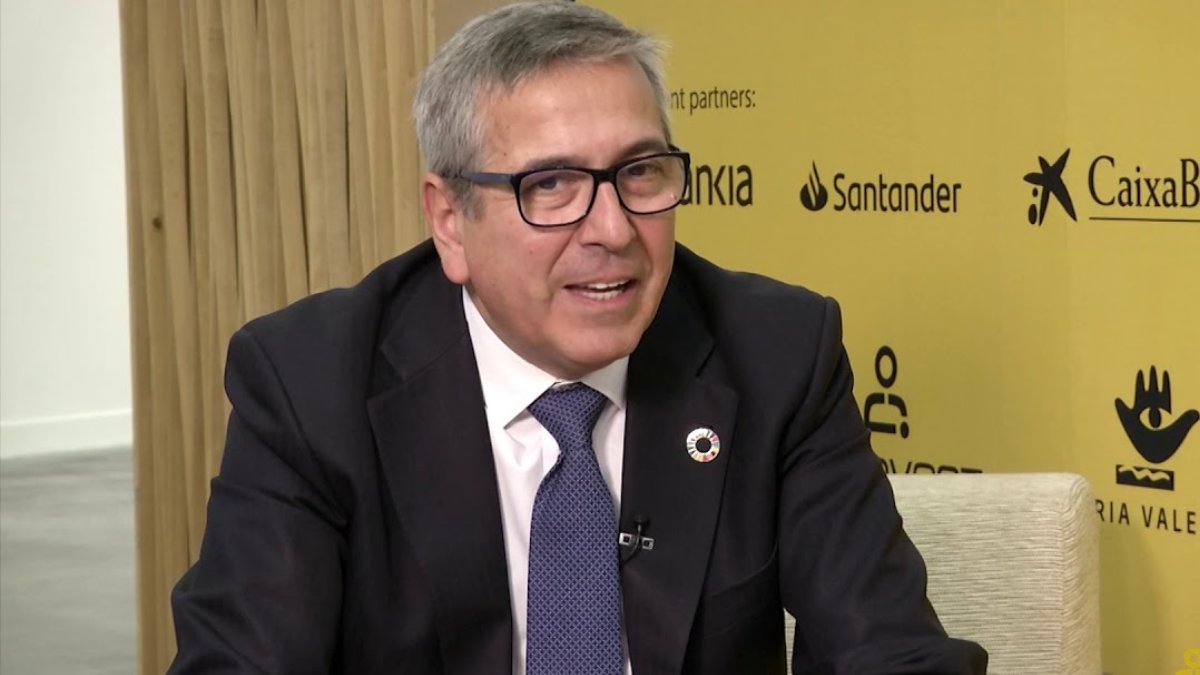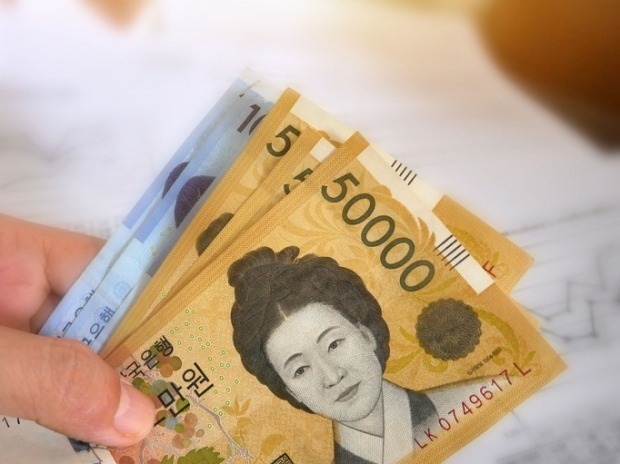Government drowns companies in need of financial assistance. Companies that need to extend the return period for ICO loans with the State’s backing they will have to do it at a price much higher than the interest they had until now.
The decision of Official Credit Institute (ICO) to tighten the price of the guarantees offered to banks for those companies that request to extend the repayment period will end up paying, as expected, the companies themselves, who will have to assume interest rates higher than in many cases go from around 1.5% per year to 3% or even above.
These guarantees are used for the ICO to guarantee between 60% and 80% of the loan that banks make to companies in need and the body that depends on the Ministry of Economic Affairs charge for this guarantee to the bank.
After the renewal of conditions that the Government established in the Minister council On November 24, which allowed extending the term of loans with ICO endorsement from four to eight years, and the grace period from one to two years, companies that have wanted to renew the loans have realized the small letter: they will have to pay much more in a suffocating situation.
Jorge Hodgson, partner of the firm JH Asesores Financiera y Bancas, tells this newspaper what the situation is being: «The companies we work with told us that as there was great uncertainty, we had to request the maximum term to be able to return the ICO credits. When we begin to communicate our clients’ request to the banks, we find that they tell us that it is possible to extend the repayment period, but that this will mean an increase in prices that doubles interest rates. All companies that have requested more than 800,000 euros, which in practice are the majority, will see a stratospheric increase in interest if they want to renew the loan, “says the specialist.
Bankia or Bankinter have confirmed to this newspaper that the interest rate is being raised for companies that request an extension of terms because otherwise ICO loans would lead to losses
This newspaper has accessed e-mails from entities such as Bankia, Bankinter or Cajasiete in which they all refer the same thing: they will skyrocket the interest of clients with loans guaranteed by the ICO, but not because they are going to earn more, but because they have to cover the losses generated by the increase in the price of the public guarantee. Bankia or Bankinter have confirmed to this newspaper that they are acting like this and that there is no other remedy, otherwise ICO loans would show losses.
“It is the ICO that has raised prices. We are the ones who put up 100% of the money and we have to establish who we give the loan to and who we don’t. In addition, between 20% and 40% we lend it without an ICO guarantee and if there is a default we assume it. But the ICO has not given us the free guarantee and now it has been uploaded. They make the conditions more expensive for us and now we are the ones who have to pass this situation on to our clients, ”a bank source tells this newspaper.
“The cost changes because when the term is extended it becomes a different product,” says another source.
“They push them to the contest”
Hodgson, who has denounced this situation by the ICO, has been negotiating with banks in recent weeks to try to avoid these interest rate hikes, but all entities have told him that they have no room to change because the Government does not He has left them another option. It must be taken into account that the Ministry of Economic Affairs itself established in the BOE the rise in the costs of guarantees for banks, knowing that this would mean a higher cost for companies.
These cost increases were from 20 basis points for loans maturing one year up to 285 basis points for a 7 and 8 year maturity for large companies.
“With these conditions, companies are being pushed either to assume the leverage of the company, to get more debt and wait for the wave to pass, or to file bankruptcy, something we know that if the company is done it will no longer operate”, says the expert. At the moment, the ‘public bank’ chaired by Jose Carlos Garcia de Quevedo and under the direct orders of Nadia Calvin it is contributing its grain of sand so that many societies do not survive this crisis situation.
–


